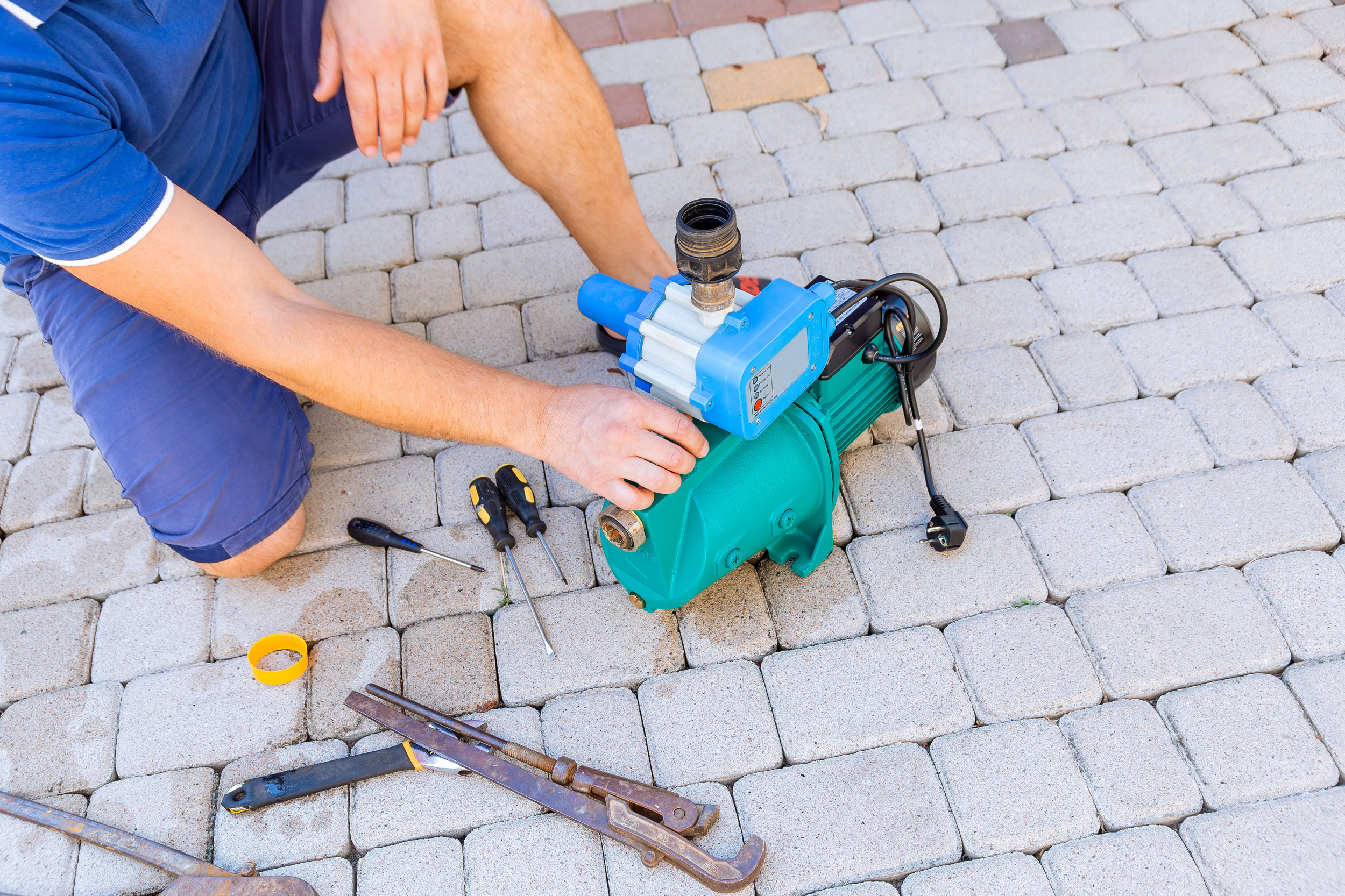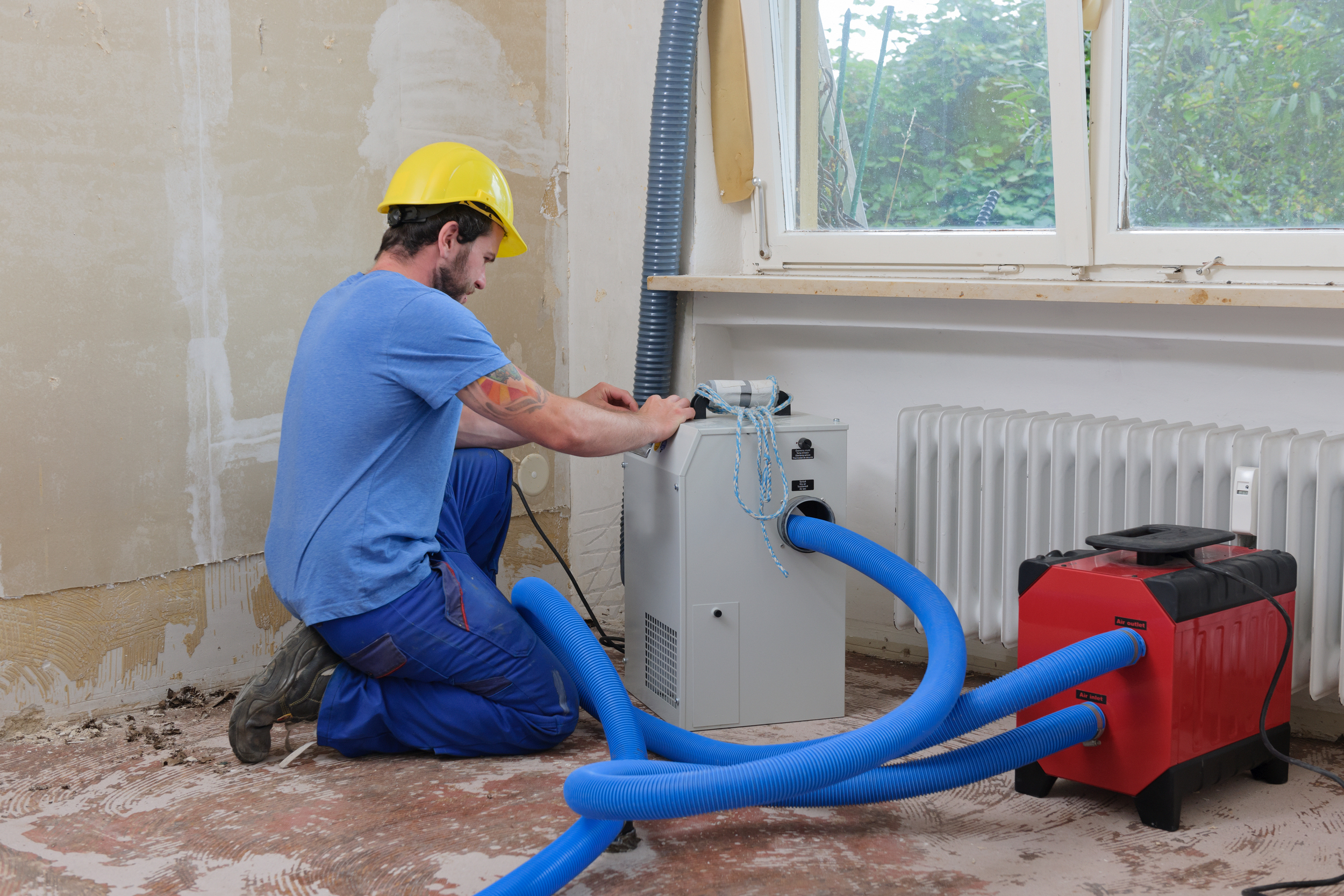Advice Hub
All our collective industry experts have got together to provide you with all you need to know about drying out and keeping dry those things precious to you. Read our articles or delve into our solutions centre to soak up the knowledge.
Expert Articles
Advice & Article
What is a Dehumidifier?

Put simply, dehumidifiers are appliances that remove moisture from indoor air. They are commonly used in indoor areas prone to high levels of humidity, or to dry spaces out following leaks and floods, construction and decorating work. Dehumidifiers are available in a wide range of sizes, for home, commercial or industrial environments. This includes everywhere from bedrooms and bathrooms, to basements, garages, workshops, warehouses, factories and more.
High humidity comes with a host of problems. Allow an area to develop excess levels of humidity and it can cause condensation build-up, damp and mold, which can cause structural damage to the building, damage to items and materials in the space and it can exercerbate allergies and health conditions.
How do Dehumidifiers Work?
Dehumidifiers typically work in 2 ways - either using refrigeration, which cools air in a similar way to a refrigerator, or via absorption, where moisture is absorbed from the air by a desiccant material. Both ways result in moisture being extracted from the air, but each type is best suited to different areas and specific applications.
Refrigerant Dehumidifiers
A refrigerant dehumidifier uses a similar process to your fridge at home. The dehumidifier cools a set of metal coils using refrigerant gas. A fan draws air through the dehumidifier and over the cool metal coils, where the moisture condenses and drips into a water tank, or is fed away via a hose. Refrigerant dehumidifiers are most effective at typical room temperatures and their performance declines dramatically in cooler conditions.
Dessicant Dehumdifiers
A desiccant dehumidifier uses the absorption/adsorption method. They do this using a desiccant material that absorbs moisture from the air, much like the desiccant packets that you get when you purchase new products like clothing and shoes. Desiccant dehumidifiers are particularly suited for removing moisture from air at a lower temperature and humidity levels, where refrigerant dehumidifiers struggle to perform.
Find out more about desiccant vs refrigerant humidifiers.
What are Dehumidifiers Used For?
Dehumidifiers are used for a number of different reasons, in the home, as well as in commercial and industrial settings. In the home, dehumidifiers are often used to prevent condensation buildup on windows, to prevent damp & mould problems and to create a healthier environment for people suffering with allergies. In commercial environments, dehumidifiers are often used to prevent moisture damage stock or perishable goods, to dry materials and ingredients during manufacturing processes, to protect sensitive equipment and documents, and much more. Within industrial environments, such as construction sites, dehumidifiers are used to dry out rooms following renovations, plastering, decorating, as well as leaks and floods.
Dehumidifiers can be used to tackle:
- Mold
- Damp
- Corrosion
- Allergies
- COPD and Asthma symptoms
- Bugs and dust mites
Humidity levels can change based on the time of year, weather, ventilation and other factors. However, keeping the relative humidity level between 30% and 50% is generally considered by experts as the most suitable level for health and comfort, 45% being ideal.
Do I Need a Dehumidifier?
Particularly in homes, the signs of needing a dehumidifier may already be evident to you. If you have recently experienced a water leak or flood, you will need a dehumidifier to dry the space out and prevent long term damage.
Some signs you might need a dehumidifier include:
- Damp or water marks walls or ceilings.
- Stuffy atmosphere.
- Condensation on windows.
- Musty or stale smell
- Mildew or mould.
- Poor ventilation
- Rotting wood
- Excessive allergies
- Corrosion of pipes on equipment
How do I Find the Right Dehumidifier for My Needs?
When buying a dehumidifier, it is important to think about things such as capacity and the size. If you’re considering a refrigerant humidifier you may also want to consider how noisy the dehumidifier is. One of the most important factors to consider is the size of the space you require it for. For commercial spaces or spaces with very high moisture levels such as swimming pools, you will need a specialist high-performance dehumidifier as opposed to a standard home dehumidifier. Take a look at our full range of dehumidifiers and if you need any help you can contact our sales team via telephone or live chat.






